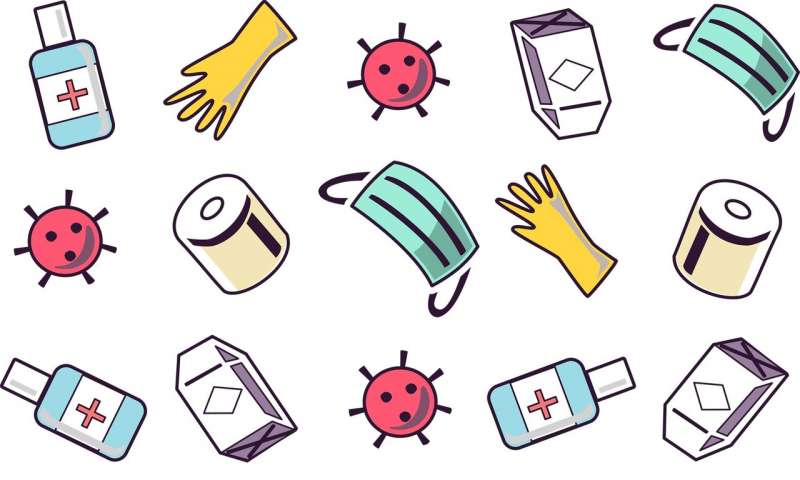A contact tracing study presented at this year’s ESCMID Conference on Coronavirus Disease (ECCVID) confirms the effectiveness of wearing of masks in public, handwashing, and social distancing to protect against SARS-CoV-2 infection. The study is by Assistant Professor Direk Limmathurotsakul, Mahidol University, Bangkok, Thailand, and Centre for Tropical Medicine and Global Health, University of Oxford, UK, and colleagues from the Thai Ministry of Public Health.
Evaluation of the effectiveness of mask-wearing by healthy people in the general public against SARS-CoV-2 infection is urgently needed. Given the current lack of evidence, the authors sought to evaluate the effectiveness of mask-wearing, handwashing, social distancing, and other protective measures against SARS-CoV-2 infection in public in Thailand.
They conducted a case-control study with 211 cases and 839 non-matched controls using all contact tracing records of Thailand’s national Surveillance and Rapid Response Team. This study included contact investigations of three large clusters of COVID-19 identified in nightclubs, boxing stadiums, and a state enterprise office in Thailand.
Cases were asymptomatic contacts of COVID-19 patients identified between 1 and 31 March 2020 who were diagnosed with COVID-19 by 21 April 2020; controls were asymptomatic contacts who were not diagnosed with COVID-19. Participants were asked about practices during contact periods with a case. Adjusted odds ratios were estimated for associations between protective measures and diagnosis of COVID-19 using statistical modelling.
The researchers found that wearing masks all the time during contact was independently associated with a 77% lower risk of COVID-19 infection compared to not wearing masks. However, only wearing masks sometimes during contact was not associated with reduced risk of infection. The type of mask worn was not independently associated with infection. Those who wore masks all the time also were more likely to practice social distancing.
Maintaining at least a 1 metre distance from the COVID-19 patient reduced the risk of infection by 85%, while restricting close contact with a case to less than 15 minutes reduced the risk of being infected by 76% compared with contact of more than 15 minutes. Frequent handwashing also reduced the risk of infection by 66%.
The authors conclude: “Our findings support consistent wearing of masks, handwashing, and social distancing in public to protect against COVID-19 infection.”
European Society of Clinical Microbiology and Infectious Diseases


